|
|
STREAMS / STRANDS / STRINGS
FLOW - ACTORS
It is 'ACTORS' that must be held accountable!
|
|
.
|
PEOPLE
THE ULTIMATE ACTORS
|
|
.
|
|
PEOPLE AS CONSUMERS
|
Food - Vegetables
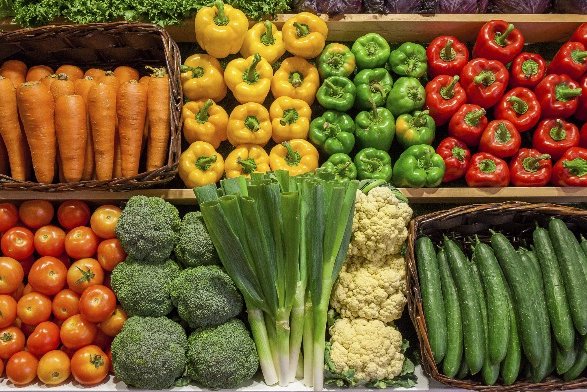
|
Food - Meat

|
Housing

|
Clothes

|
Mobility

|
Recreation

|
|
More consumption correlates to a better quality of life up to a certain level. Beyond that level more consumption may well have negative consequences, as for example too much food may result in obesity and diabetes or worse.
|
|
.
|
|
PEOPLE AS CONTRIBUTORS
|

|
AS INDIVIDUALS ... Live life ... Work & family
Every individual is different, both in what they are capable of doing and how they want to live their lives. People should have the freedom to succeed in all sorts of good ways, and should be helped so that they never fail. People need the facts about themselves and everything around them.
|
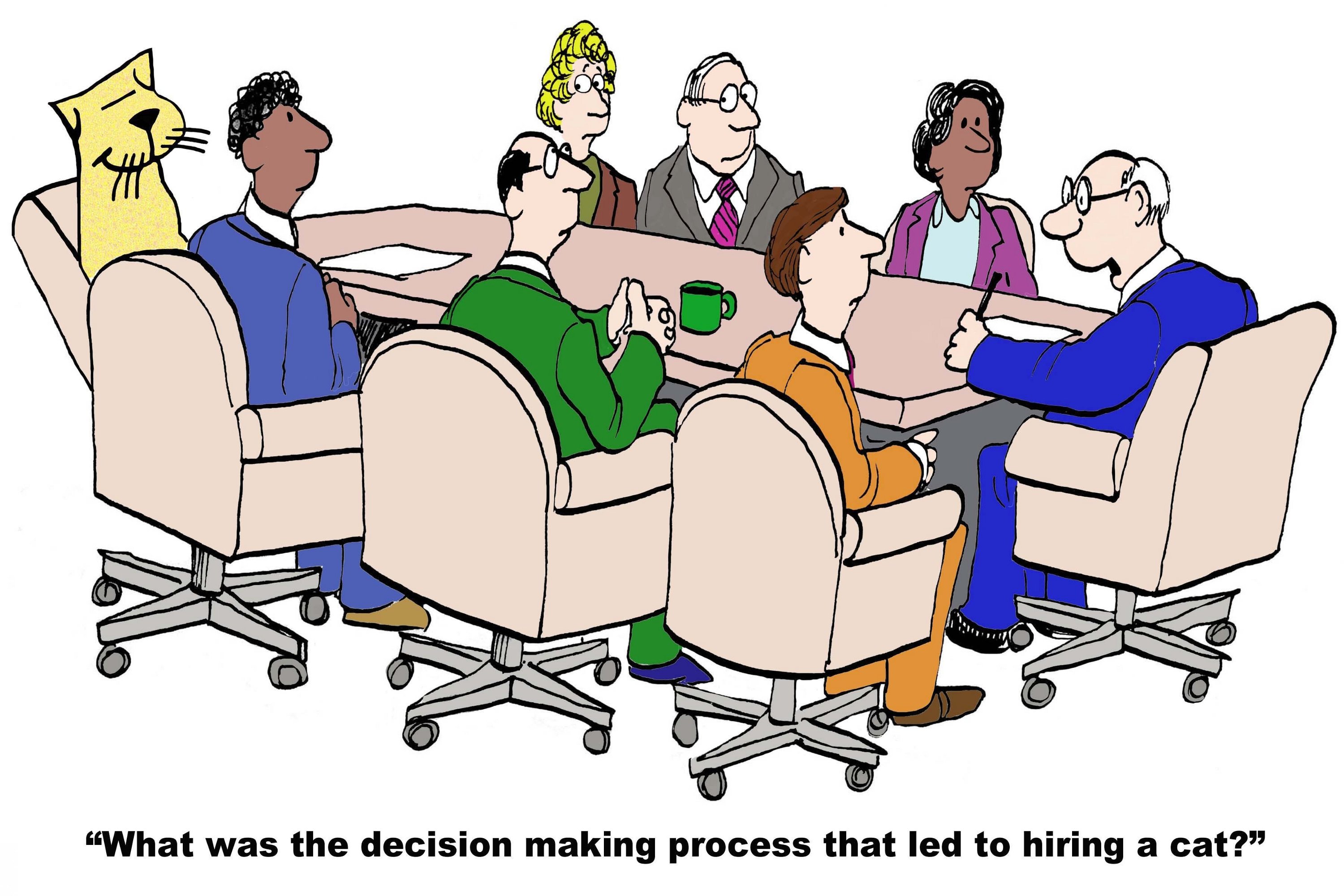
|
IN ORGANIZATIONS ... Do the work ... Make the decisions
Companies are important drivers of the economy. Within companies it is people that make the decisions, and for many decades the dominant metric for success has been profit without taking into consideration impact on society and nature. This must change. Profit performance on its own is not enough!
|
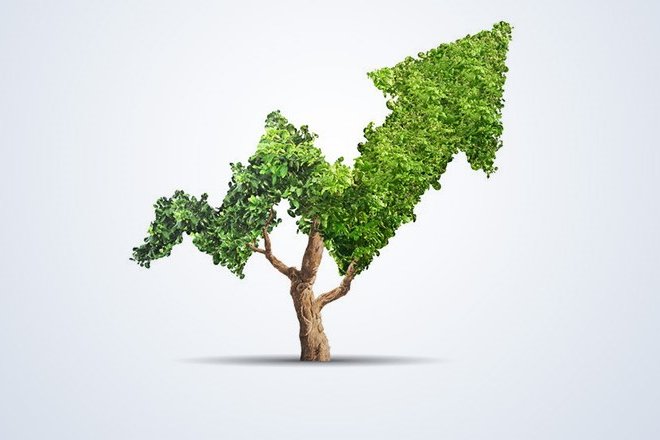
|
AS INVESTORS ... Allocate financial resources
The allocation of capital shapes the future of the economy. People make the decisions about what investments should be made and have been guided mainly by the potential for growth of financial wealth without taking into consideration issues relating to society and the environment. These other issues matter.
|

|
AS RESIDENTS ... part of the community in a place
More than anything else, people are the essence of a place. Much of what works in a place is because of people, and most of the things in a place are those that are needed by people and give pleasure to people.
|
ORGANIZATIONS
MOST THINGS ARE TOUCHED BY AN ORGANIZATION
|
|
.
|
|
ORGANIZATIONS IMPACT EVERYTHING
|
DIGITAL TECH

Google
|
OIL & GAS

ExxonMobil
|
AERO ENGINES

Rolls Royce
|
BANKING

HSBC
|
ENGINEERING
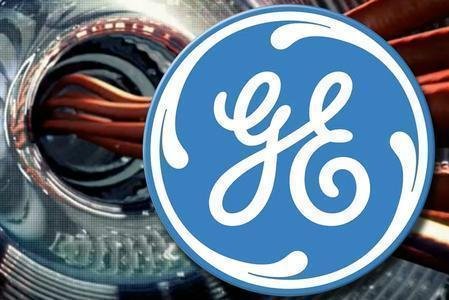 GE
GE
|
FOOD
 Unilever
Unilever
|
|
Most of the global economy comprises products that are produced by very big organizations that are complex with multiple factories in many different locations, and supply chains that span the globe. It is not easy to understand these companies in a way that makes it possible to hold them accountable for their behavior. Nevertheless, despite their complexity, they are able to communicate their profit performance to investors, but not their social impact nor their environmental impact, even where these are material. This has to change.
|
|
.
|
|
FOR PROFIT COMPANIES
|
DIGITAL TECH

|
|
|
|
|
|
|
Over many decades, most for profit companies have organized to maximize their profit performance, ignoring any negative impacts that this might have on society and the environment. Some movement towards 'purpose' that is more than profit is emerging, but in most investors still remain more interesed in profit than corporate social responsibility and envirfonmental sustainability.
|
|
.
|
|
NOT FOR PROFIT ORGANIZATIONS / NGOs
|
DIGITAL TECH

|
|
|
|
|
|
|
|
|
.
|
|
GOVERNMENT
|
DIGITAL TECH

|
|
|
|
|
|
|
|
|
.
|
|
ORGANIZED RELIGION
|
DIGITAL TECH

|
|
|
|
|
|
|
|
|
.
|
PROCESSES
CRITICAL ROLE OF LOCATION
|
|
.
|
PROCESSES OM ORGANIZATIONS PRODUCE AN ABUNDANCE OF GOODS
|
FARMING
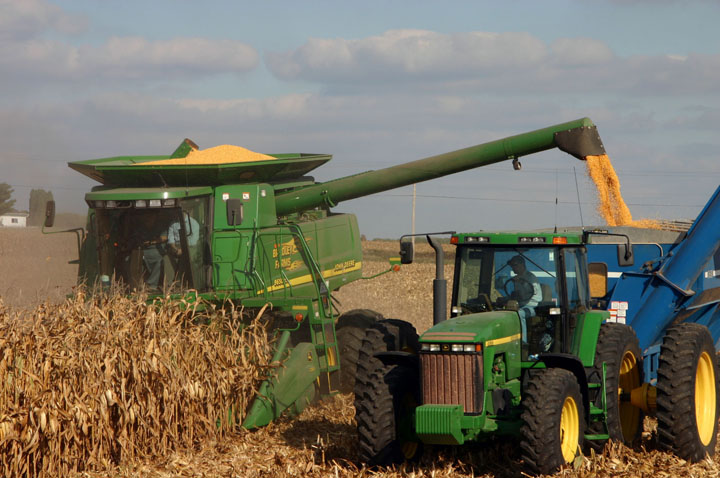 MINING
MINING
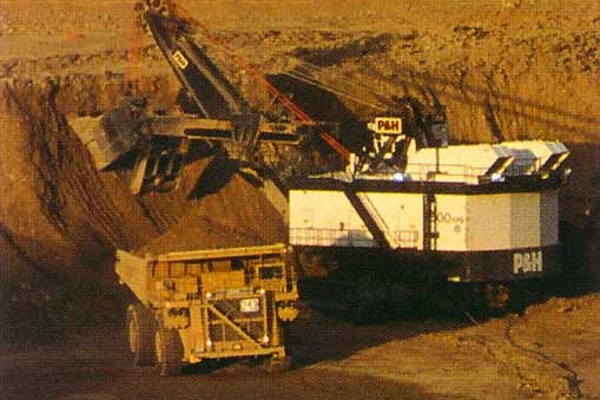 STEEL
STEEL
 SEA
SEA
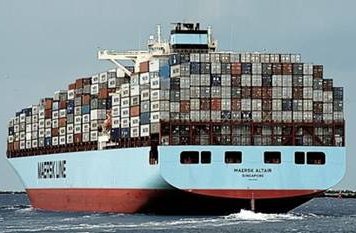
|
ENERGY
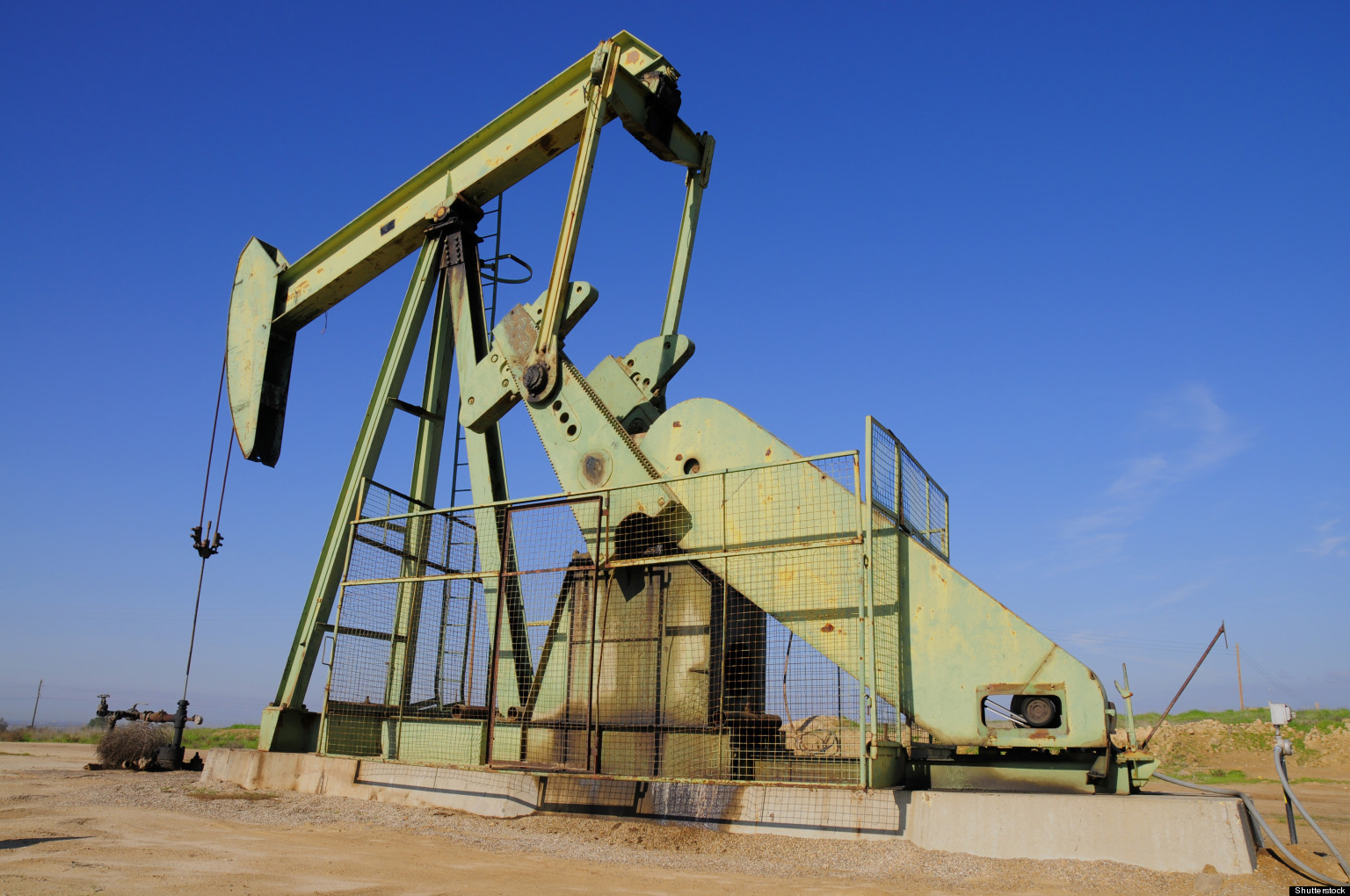 RAIL
RAIL
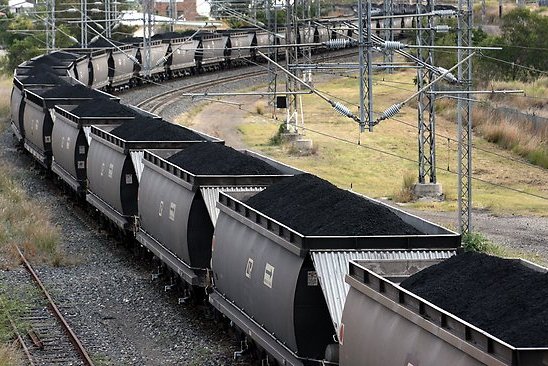 REFINING
REFINING
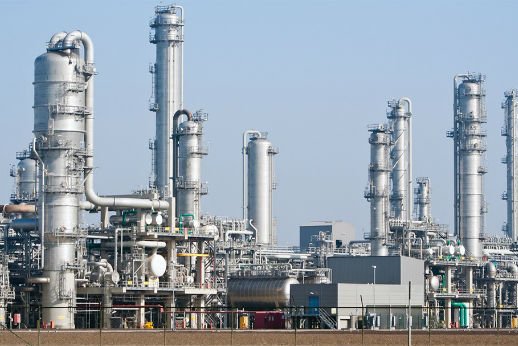 ROAD
ROAD
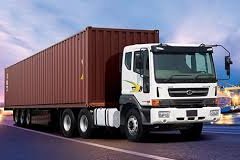
|
The scale and complexity of the modern global economy is difficult to comprehend. It has been enabled since the start of the industrial revolution by impressive improvements in technology and this has accelerated over the years.
Customers have very little knowledge about the complete life cycles of the goods and services they buy and use. They know about price, and the messages associated with the product and the brand, but not much more.
Most companies optimize for profit and to generate wealth. Some companies know about the social and environmental impacts ... good and bad ... associated with the supply chains for what they produce and sell, but this information is closely held to the extent that it is known because almost all production is unsustainable into the future.
The flow of goods and services at the present level of economic activity is dangerously unsustainable, and will become more so as countries like India and China become more affluent and consumption increases. It is estimated that if everyone on planet earth had the lifestyle associated with the USA, it would require between 7 and 10 planets to be sustainable.
|
|
.
|
PRODUCTS
PRODUCTS FLOW THROUGH THE SYSTEM
|
|
PRODUCTS IMPACT PEOPLE AND ORGANIZATIONS AND NATURE
|
|
.
|
|
PRODUCTS ARE NEEDED FOR A DECENT QUALITY OF LIFE
|
Food - Vegetables

|
Food - Meat

|
Housing

|
Clothes

|
Mobility

|
Recreation

|
|
More consumption correlates to a better quality of life up to a certain level. Beyond that level more consumption may well have negative consequences, as for example too much food may result in obesity and diabetes or worse.
|
|
.
|
|
THE PRODUCT LIFE CYCLE IMPACTS NATURE, SOCIETY AND THE ECONOMY
|
NATURE
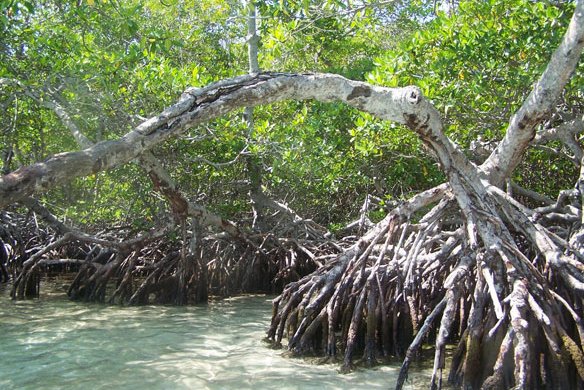
|
SEA

|
STEEL

|
EATING
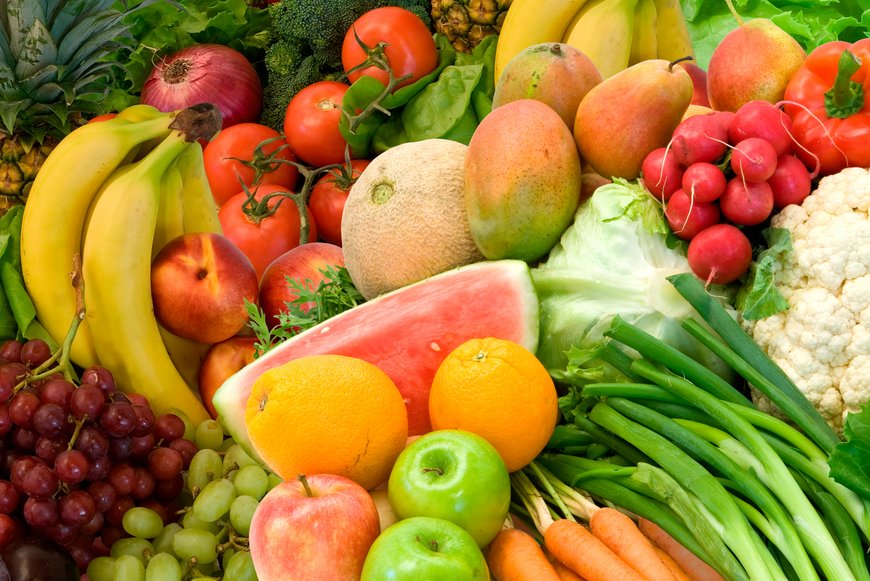
|
WASTE
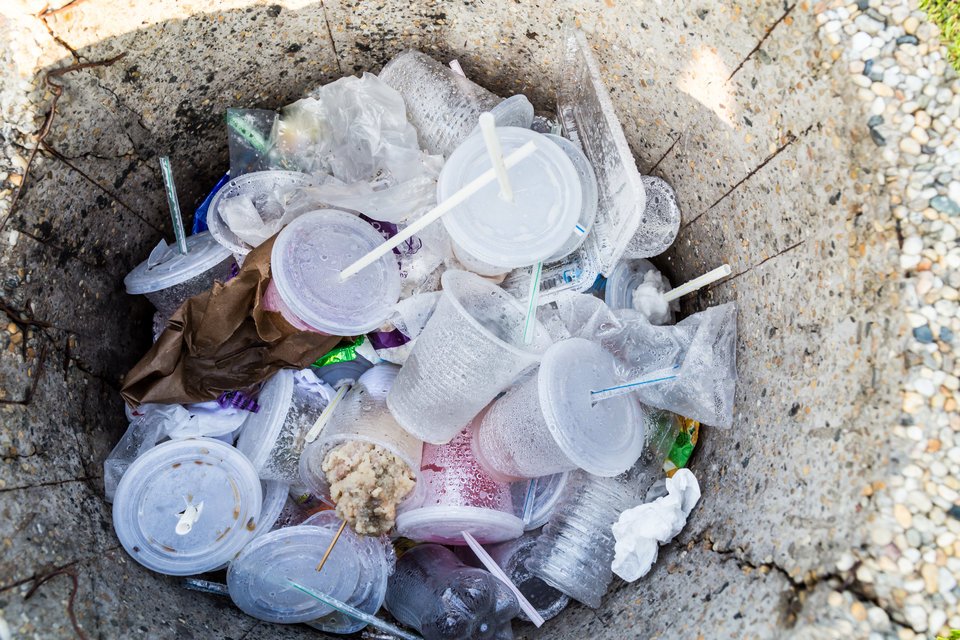
|
RECYCLING

|
NATURE

|
ROAD

|
REFINING

|
CONSUMING

|
LANDFILL
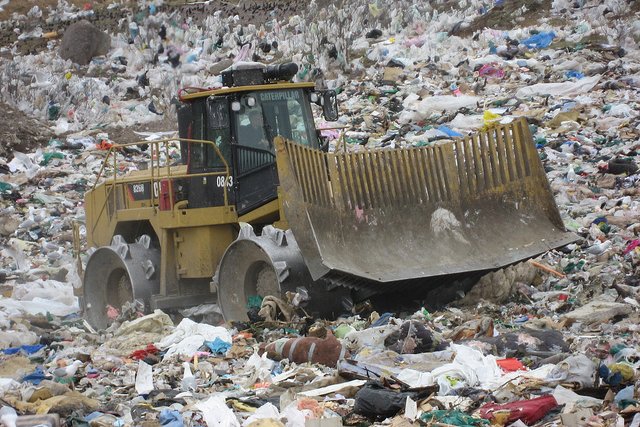
|
RECYCLING

|
EXTRACTION

|
RAIL

|
POLLUTION
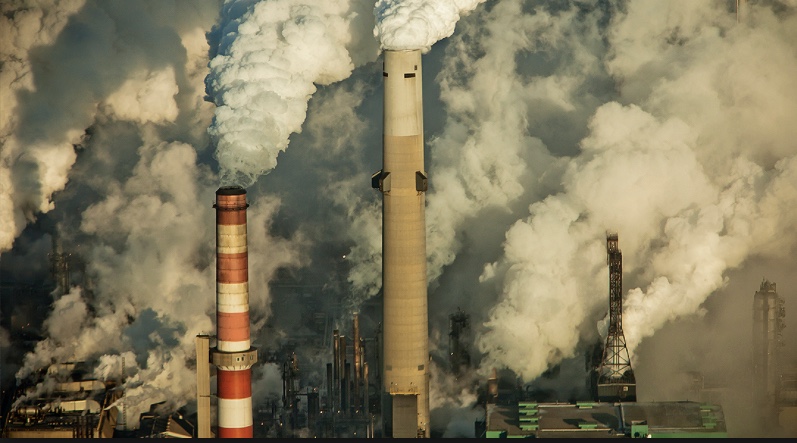
|
DRIVING

|
FLOODS
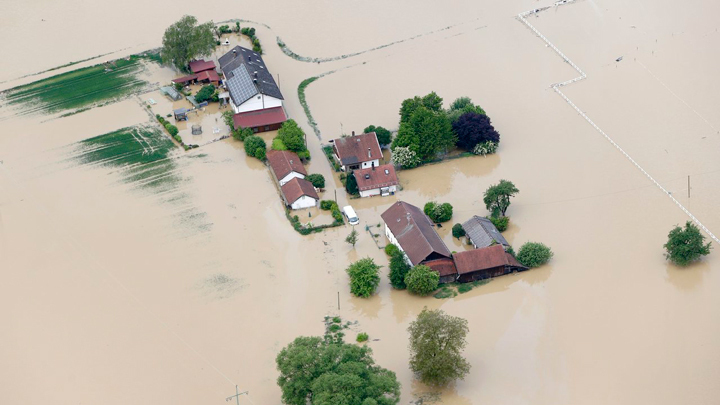
|
NO WASTE

|
|
Products enable consumption that improves quality of life.
The production of products is a critical economic activity and source of profit for companies.
Production and products are only sustainable if they do not degrade the environment. Most modern industrial process are catastrophically unsustainable.
Smarter processes are needed together with smarter products, smarter consumers and systems to enable a circular economic model.
|
|
.
|
PLACE
CRITICAL ROLE OF LOCATION
|
|
.
|
|
CITIES / COMMUNITIES
|
Cities and Communities are where people live their lives
|
MAIN ST.

|
SCHOOLS

|
CHURCHES

|
POLICE

|
RECREATION

|
HOSPITALS

|
SUBURBS
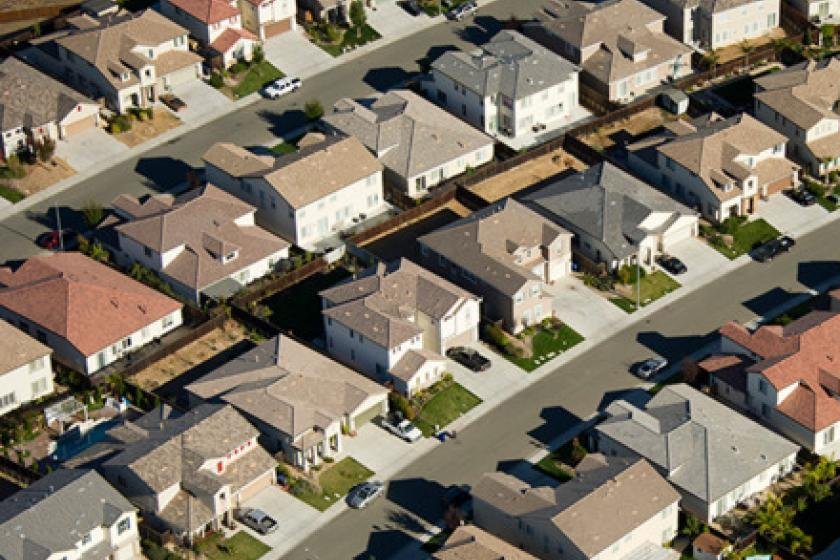
|
UNIVERSITIES

|
HOUSING

|
FIRE

|
RELAXATION

|
PERSONNEL

|
|
All living is local. Everything is needed in the place to enable a decent quality of life (QoL). Everything is interconnected. Nothing important can be missing ... multi-sector is essential. When the place is dysfunctional life is much more difficult.
|
|
.
|
|
COUNTRIES
|
More than 200 countries ... with vastly different characteristics
|


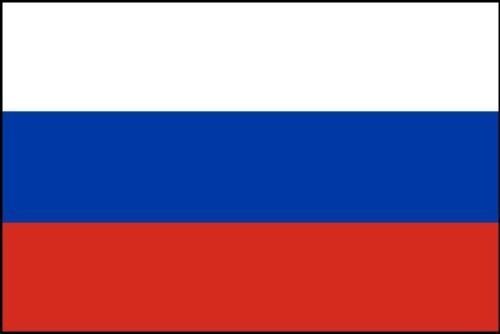


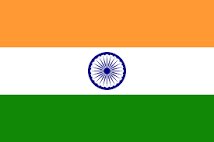
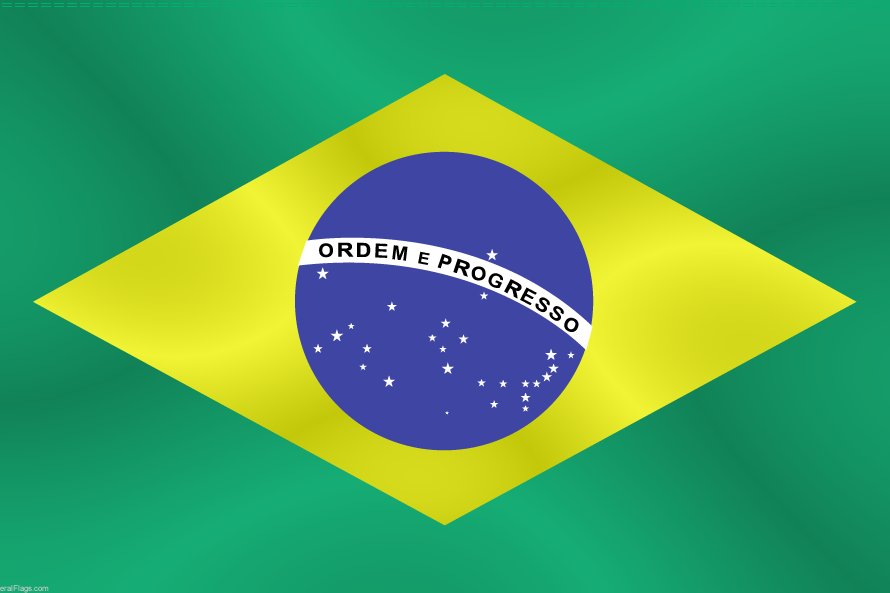




|
There is plethora of data averaged at the country level. These data at the country level useful for broad comparisons, not so much for management of performance and decision making. Specifics of different locations within a country are essential for better allocation of resources and problem solving.
|
NATURE
NATURE IS A FOUNDATIONAL ACTOR
|
|
NATURE AND NATURAL SYSTEMS ARE FOUNDATIONAL
|
SUN
 NATURE
NATURE

|
NATURE
 BIODIVERSITY
BIODIVERSITY

|
Everything starts with nature ... but the importance of nature is ignored in most of economics, business management and politics. Natural ecosystems make clean water and air, maintain the productivity of soil, stabilize the climate and so much more.
Energy from the sun provides the energy for all sorts of natural production, as well as agrticulture for food production
There are complex networks that link the lifecycles of animals (including fish) and plants and are essential for life to go on season after season.
|
|
THE CONSUMPTION OF PRODUCTS IS CENTRAL TO QUALITY OF LIFE
|
EATING
 MOBILITY
MOBILITY
 HEALTH
HEALTH

|
CONSUMING
 RELAXATION
RELAXATION
 EDUCATION
EDUCATION

|
In a world of shortage, more is better ... and for most of history this has been the reality, but less so in modern times where productivity enables an abundance of material goods and services. The limiting factor is no longer production but the ability of nature to sustain such production without catastrophic degradation.
Quality of life improves when there is an abundance of goods and services from which to choose ... however too much results in negative impacts like obesity and diabetis.
For companies, more production and more sales results in more profits while at the same time more corporate responsibility results in more costs and less profits. Advertising is mainly about getting more sales, no matter the misinformation.
It is time for better metrics!
|
|
WASTE, INDUSTRIAL DETRITUS AND ENVIRONMENTAL DEGRADATION
|
AIR POLLUTION
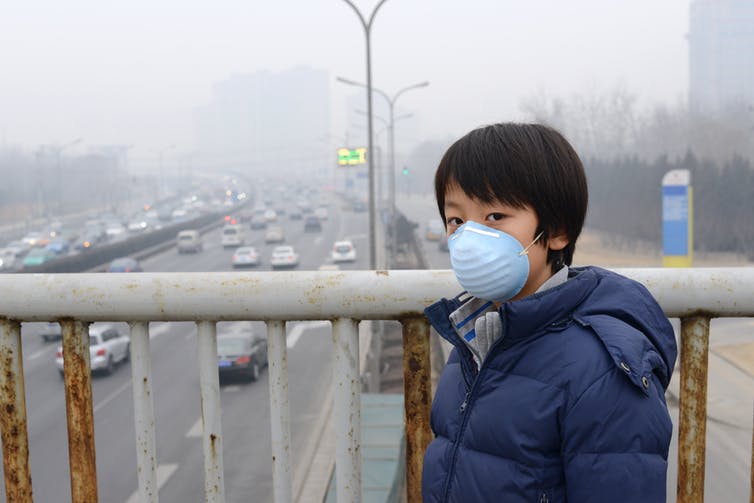 WATER USE
WATER USE
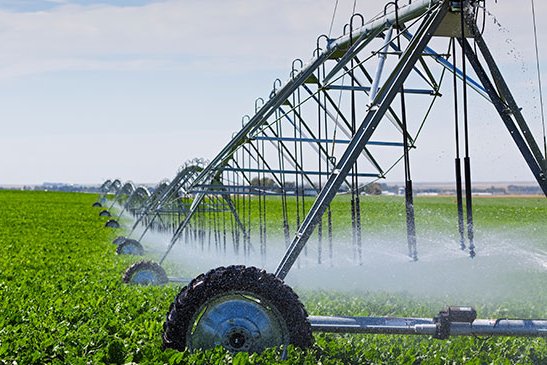 LANDFILL
LANDFILL
 FLOODS
FLOODS

|
GHGs
 POLLUTION
POLLUTION
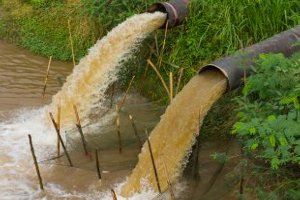 PLASTIC
PLASTIC
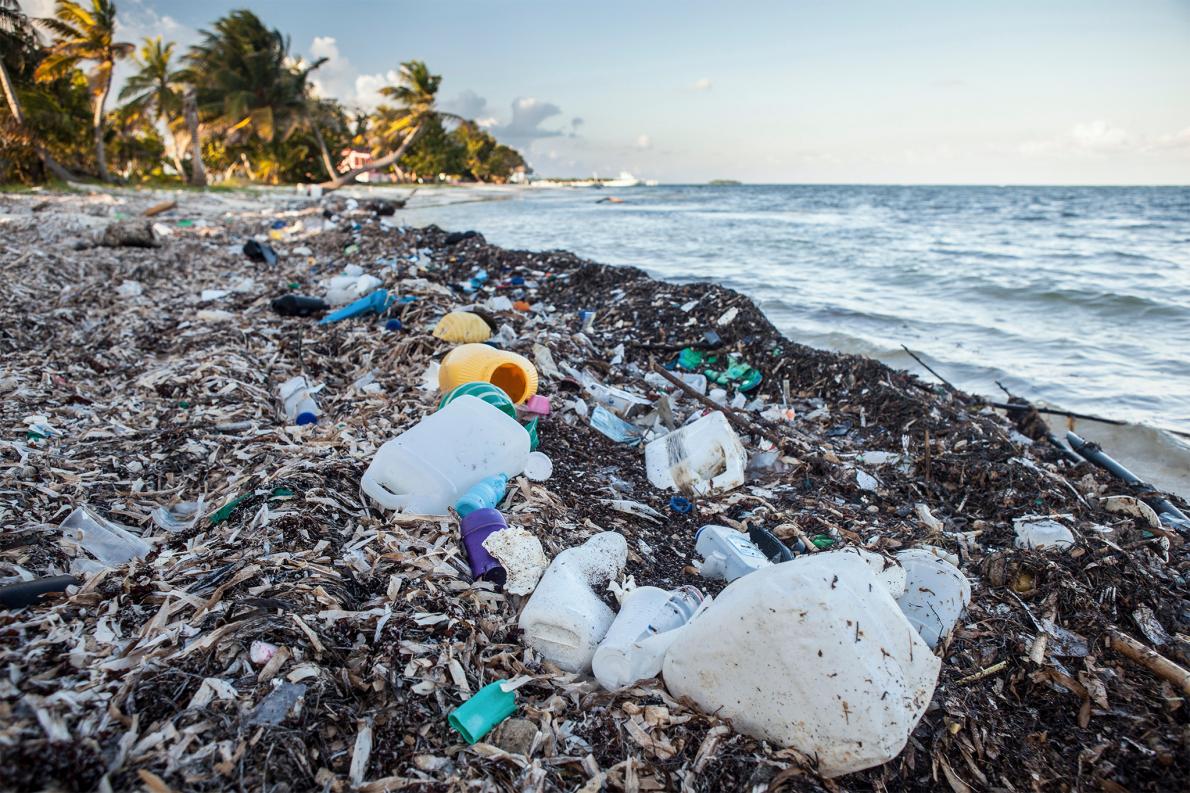 HURRICANES
HURRICANES
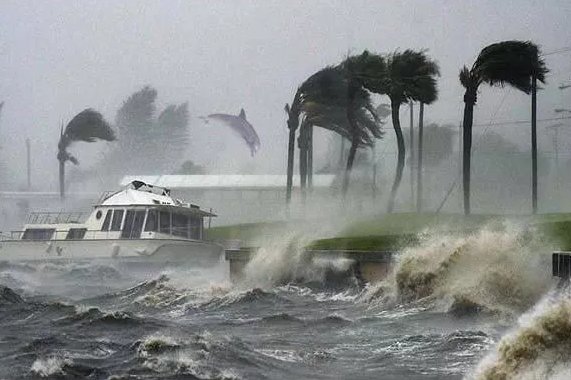
|
The modern economy produces a massive amount of waste. There is waste at every stage of the produce life cycle, and the costs of this waste are ignored in conventional financial management accounting.
Industry has a history of doing the minimum to reduce air pollution both as regards human health and the impact on the environment.
Agriculture and industry are using more water than the natural replenishment, and there are massive flows of polluted water into most major watersheds
Industry has also embraced the use of plastic ... including single use plastic ... without doing much about the way the plastic pollutes both land and seas and kills wildlife.
In addition industry has had little interest in ensuring that important ecosystems remain viable, both as regards biodiversity and also climate stability. Many scientists now consider that the climate situation has morphed into a climate crisis.
|

|
|
|
|

